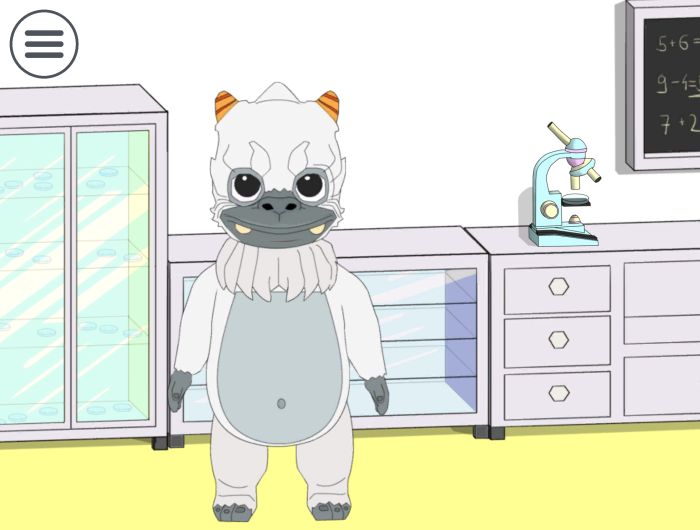How "DNA" can help children with dyscalculia

Basic math operations pose significant daily challenges for children with dyscalculia (arithmetic impairment), which extend beyond the confines of school lessons.
Addition, subtraction, multiplication, and division - the four basic arithmetic operations - are not only anchored as significant learning objectives in primary school curricula, but are also generally key competencies for a person's economic, cultural, and social participation in a society. Early identification of potential deficits and, subsequently, the introduction of support measures already in (early) childhood can therefore make a significant contribution to minimizing the negative effects for those affected as well as for the national economy of a society.
Stephan Vogel (University of Graz), Karl-Heinz Graß (Styrian University of Teacher Education), and their team have recognized this need and created the application "Digital Numeracy Assessment" (DNA), a tool that is designed to assess the current level of achievement in key numeracy skills of children at the beginning of elementary school in a playful and child-friendly way. In the web-based app, the avatar "Monty" asks students to help him explore his DNA. In various tasks, cognitive abilities are assessed that are essential factors in the development of arithmetic skills. As soon as the students have completed a task, one of Monty's body parts is unlocked and, for example, shines in a new color. Teachers can then use a website to check the individual performance of the participating students and, if necessary, implement appropriate support measures.
Further development of the app
"In order to be able to further develop the current study and evaluate the app, an Austria-wide sample would be useful," says Stephan Vogel, describing the next steps of the project. The goal is to provide teachers with differentiated feedback on the performance level of individual students and, based on this, to identify didactic options for supporting the child. In a next step, the website will be expanded to include feedback and corresponding support measures for highly gifted students, i.e. children in the upper talent spectrum.
We have sparked your interest?
Are you a teacher and will be teaching a first or second grade class (tablets or PCs must be available at the school) at the primary level in the coming school year? Then register yourself and your class now so that your students can help Monty research his DNA! After your registration, you will receive comprehensive information from the project team about the survey process and further steps.

